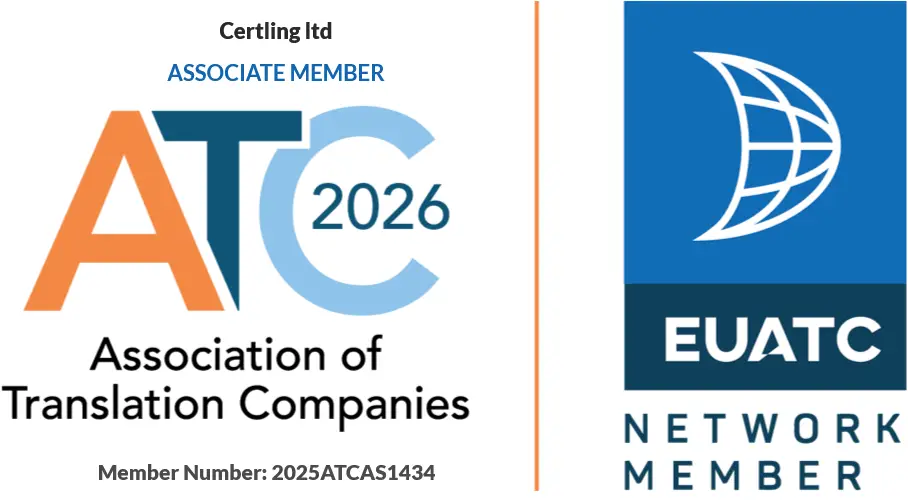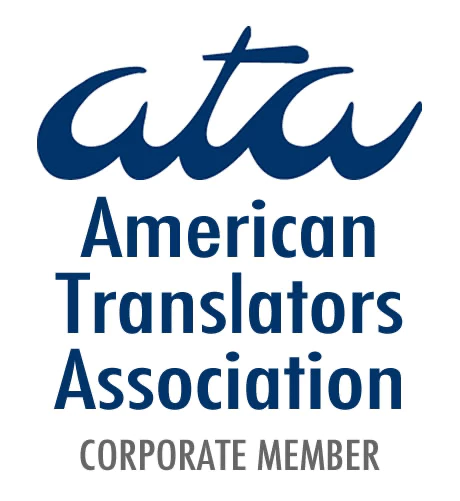Getting Married in the UK
A guide for international couples and UK-based partners.
The UK is a wonderful place to get married, whether you're settling down in a quaint village or celebrating in a bustling city. But if one or both of you are from abroad, you'll need to follow a few important steps. This guide explains everything you need to know, from visas and notice requirements to the documents you'll need and where to find trusted information.
Refer to the official UK government guidance for the most up-to-date details: Getting married or forming a civil partnership in the UK.
1. Do You Need a Visa?
If you're not a British or Irish citizen, your visa status will determine how and when you can marry in the UK.
Marriage Visitor Visa
Ideal for couples who wish to marry or form a civil partnership in the UK but do not intend to settle here afterward.
Spouse Visa
For couples who are already married and plan to live together in the UK on a long-term basis.
2. Giving Notice of Marriage
Before you can marry in the UK, you must both give notice in person at a local register office. This confirms your intention to marry and starts a 29-day waiting period (or longer in some cases).
- Give notice at least 29 days before your ceremony.
- Both parties must have lived in England or Wales for at least 7 days before giving notice.
- If you live in different council areas, you each need to give notice separately.
- Additional checks may apply to foreign nationals or visa holders.
Full details of what you'll need are available on the UK Government site: Documents needed to give notice.
3. What Documents Will You Need?
You’ll need to bring original documents when giving notice. These may include:
- Proof of identity: Passport or national ID card
- Proof of address: Utility bill, bank statement, tenancy agreement, council tax notice, or driving licence
- Immigration status: Biometric Residence Permit, visa, or status confirmation from the Home Office
- Previous marriages: Divorce decree absolute or death certificate of former spouse
- Certified translations: For any non-English documents
For guidance on document formats and acceptable forms of proof, see: Citizens Advice: Getting married.
4. Certified Translations
If any of your documents are not in English, they must be translated and certified.
-
Accepted by UKVI and register offices
Certling provides fully certified translations that meet legal requirements for marriages in the UK. -
Certification included
All translations come with a signed, dated declaration confirming the translation is true and accurate. -
Fast and affordable
Instant per-word quotes and the ability to exclude unnecessary content mean you only pay for what you need.
5. Booking Your Ceremony
Once your notice period is complete, you’re free to marry. You can choose a register office, religious building, or licensed venue for your ceremony. Just be sure to:
- Book your venue in advance
- Ensure two witnesses are available
- Confirm all your documents are approved ahead of the day


